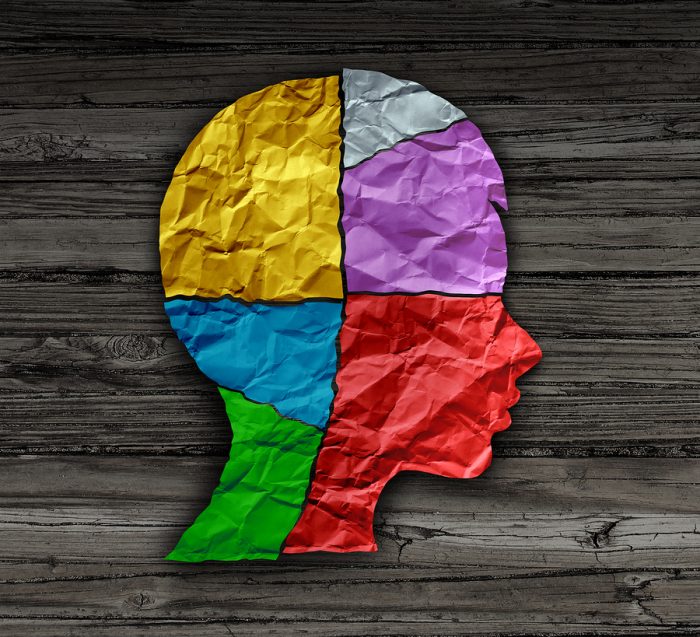
No matter how much someone goes through as a result of their drug addiction, they will find it very difficult to quit because of the way that drugs can change the way their brain works. Drugs affect a person’s brain chemistry and their behavior in a way that make them dependent on substance abuse. Trying to quit on their own will often lead to relapse because they are mentally and physically addicted to drugs.
Drug use targets the brain’s reward system and floods it with dopamine which triggers feelings of intense pleasure. The more you use a drug the more your brain becomes adjusted to those higher dopamine levels. Over time you develop a tolerance which means you need more of the drug to get the same rush of dopamine.
With the dopamine rush that people get from drugs, other things they used to like may bring them less pleasure such as food, hobbies or spending time with friends. Over time, people with drug addictions start to abandon everything else so that they can pursue the feelings of happiness that they need from substance abuse. Any time they aren’t able to take the same amount of drugs they normally do, they will start to feel depressed, anxious and physically sick.
Drug abuse can cause other negative changes in the brain such as problems with judgement, decision making, memory and the ability to learn new things. These brain changes can contribute to difficulties controlling drug use and lead people to keep using more as time goes on. People all react differently to drugs but the way that they change brain chemistry can lead to very severe addiction issues.
In order to end a drug addiction, it is important to seek professional help so that physical and mental changes caused by abuse don’t lead to relapse.
References
https://www.drugabuse.gov/publications/drugs-brains-behavior-science-addiction/drugs-brain
https://learn.genetics.utah.edu/content/addiction/brainchange/